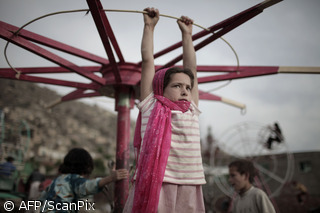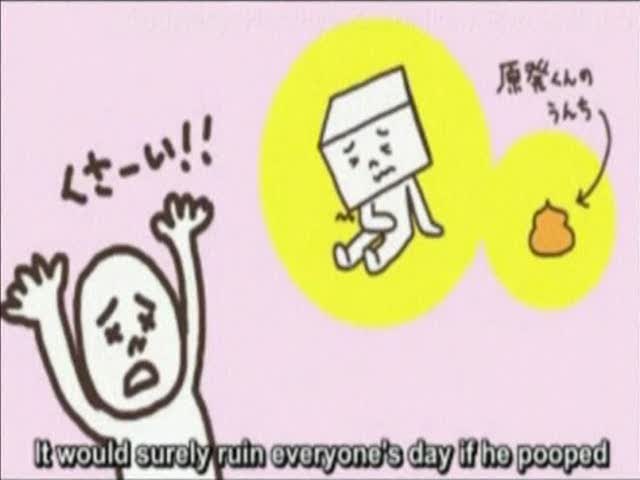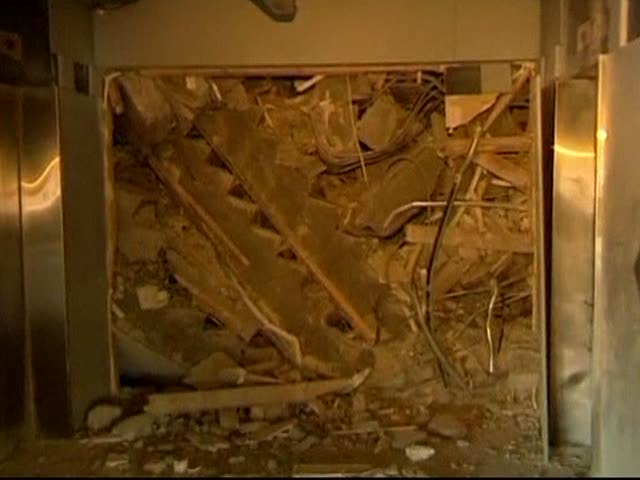Independent journalists and international human rights organizations are concerned about the future of free-press development in Kazakhstan
Published:
20 January 2004 y., Tuesday
Independent journalists and international human rights organizations are concerned about the future of free-press development in Kazakhstan, citing pending media legislation that would effectively give the government the ability to meddle in the operations of news-gathering organizations.
A clear majority in Kazakhstan's lower house of parliament, or Mazhilis, passed the media bill on December 25. Free-speech advocates believe the upper house, or Senate, will approve the bill as early as in mid-February. "We have no hope in the Senate, and [only] a very small hope that the president will reconsider and not sign this draft law," said Irina Petrushova, editor of the opposition Assandi Times newspaper.
Under the law, the Ministry of Information Affairs would have nearly unlimited powers to suspend a media organization's operations. The law places no restrictions on monopolies, and does little to guarantee journalists' rights. The law vaguely states that journalists have a right to gather information. At the same time, the legislation mandates that media organizations perform certain functions as defined by the Ministry of Information - a requirement that critics fear could be used to deny registration to media outlets that anger the government.
Petrushova, one of the bill's most outspoken critics, said the Western reaction to the media bill could play a pivotal role in its future. An outcry against the law by Western government and non-governmental groups could pressure Kazakhstani President Nursultan Nazarbayev not to sign the restrictive legislation. The Assandi Times has already published two so-called "protest editions" with statements from international organizations such as Reporters Without Borders and the World Association of Newspapers that criticize the draft law. The newspaper plans to release additional special editions in January to draw fresh international attention to the legislation. But, so far, such criticism appears to have had little effect.
Šaltinis:
EurasiaNet
Copying, publishing, announcing any information from the News.lt portal without written permission of News.lt editorial office is prohibited.
The most popular articles
 Every year 10 000 people lose their lives due to landmines.
more »
Every year 10 000 people lose their lives due to landmines.
more »
 Frustrated by the technical explanation of the nuclear crisis in Japan, artist Hachiya Kazuhiko creates cartoon character "Nuclear Boy" for clarification.
more »
Frustrated by the technical explanation of the nuclear crisis in Japan, artist Hachiya Kazuhiko creates cartoon character "Nuclear Boy" for clarification.
more »
 A Polish collector discovers a photo believed to be of Frederic Chopin taken just after his death in 1849.
more »
A Polish collector discovers a photo believed to be of Frederic Chopin taken just after his death in 1849.
more »
 EGNOS-for-aviation, a satellite navigation service launched on 2 March 2011, will increase flight safety, reduce delays and open up new destinations.
more »
EGNOS-for-aviation, a satellite navigation service launched on 2 March 2011, will increase flight safety, reduce delays and open up new destinations.
more »
 Worker finds two time capsules amid earthquake rubble in Christchurch as search and rescue teams continue to comb through debris from the New Zealand earthquake.
more »
Worker finds two time capsules amid earthquake rubble in Christchurch as search and rescue teams continue to comb through debris from the New Zealand earthquake.
more »
 A group of elderly men in Brazil have taken up running as they race disease and old age.
more »
A group of elderly men in Brazil have taken up running as they race disease and old age.
more »
 "Taxi Yoga," a new exercise class for taxi drivers, helps stretch away the stress of driving a cab in New York City.
more »
"Taxi Yoga," a new exercise class for taxi drivers, helps stretch away the stress of driving a cab in New York City.
more »
 Twenty-five rescued circus lions leave Bolivia for a new life at a U.S. animal sanctuary.
more »
Twenty-five rescued circus lions leave Bolivia for a new life at a U.S. animal sanctuary.
more »
 Colombian flower growers prepare rose exports for Valentine's Day and hope to reap profits despite a strengthening peso.
more »
Colombian flower growers prepare rose exports for Valentine's Day and hope to reap profits despite a strengthening peso.
more »
 Mexican animal rights activists coat their bodies in fake blood to protest bullfighting.
more »
Mexican animal rights activists coat their bodies in fake blood to protest bullfighting.
more »